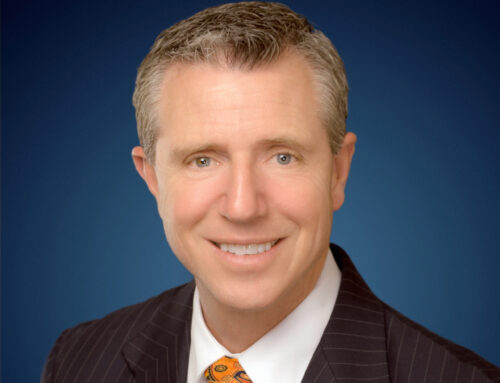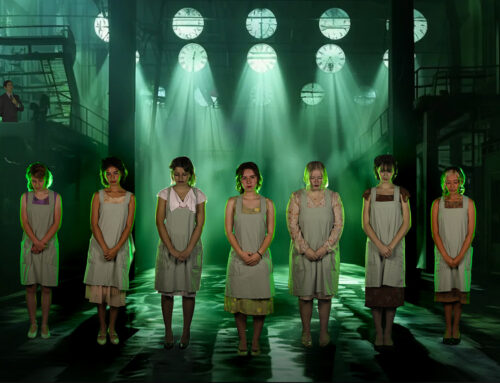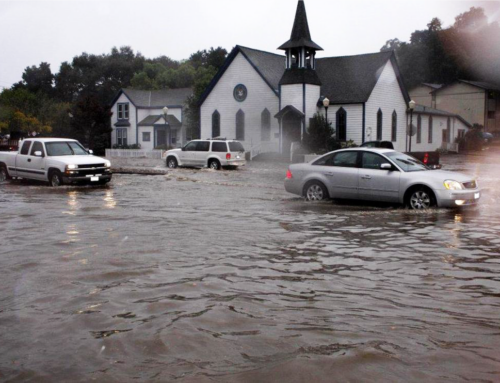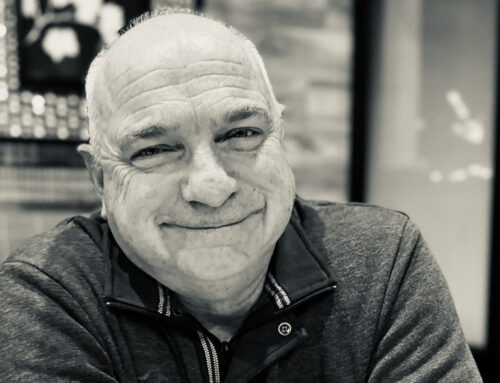Local faithful deal with COVID-19 altering holidays and worship services
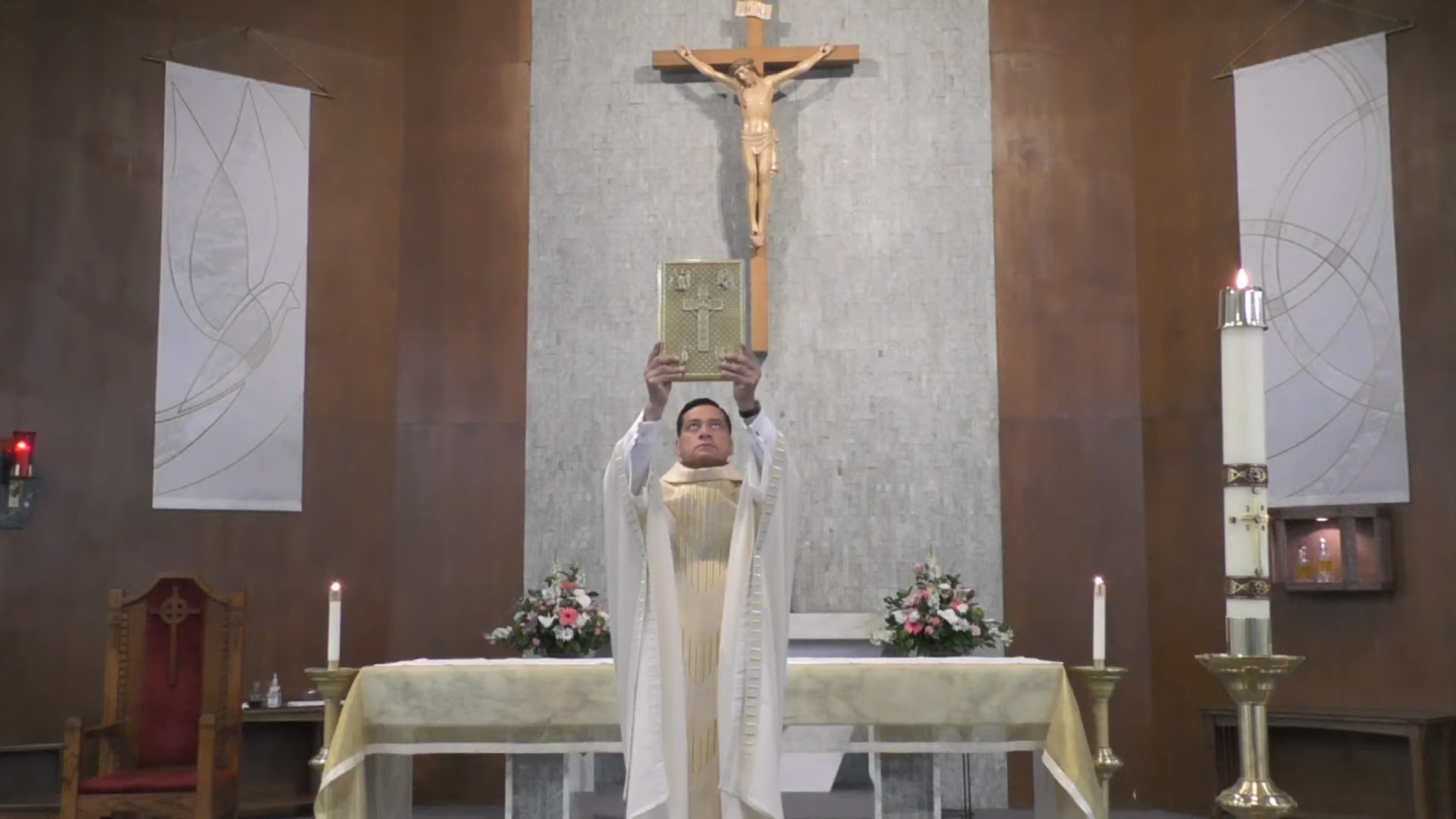
Father Sergio Ovando celebrates Easter Mass in an empty St. Catherine Catholic Church online.
Photo courtesy St. Catherine YouTube channel
By Marty Cheek
The COVID-19 crisis and the social distancing requirements the pandemic has forced on global civilization is creating challenges for all South Valley faith groups. Congregations, however, are finding creative ways to worship and celebrate religious holidays.
Among the first local events cancelled was the Hindu festival Holi, which had been scheduled to take place Saturday March 28 at Morgan Hill’s Community Park. The Indian Association of South Santa Clara County, the organizers, made the decision early in March after the county issued an order to prevent gatherings of more than 100 people, said Poonam Chabra, the president of the group’s board.
“Holi is a very popular Hindu festival where we celebrate the onset of spring,” she said. “It’s a festival of colors and a festival of love. But there’s also a Hindu mythology that is associated with it. Different parts of the country (of India) celebrate Holi for various reasons. It’s a great way to bring our community together and have our children be exposed to this rich culture and heritage, which is the primary reason for our association.”
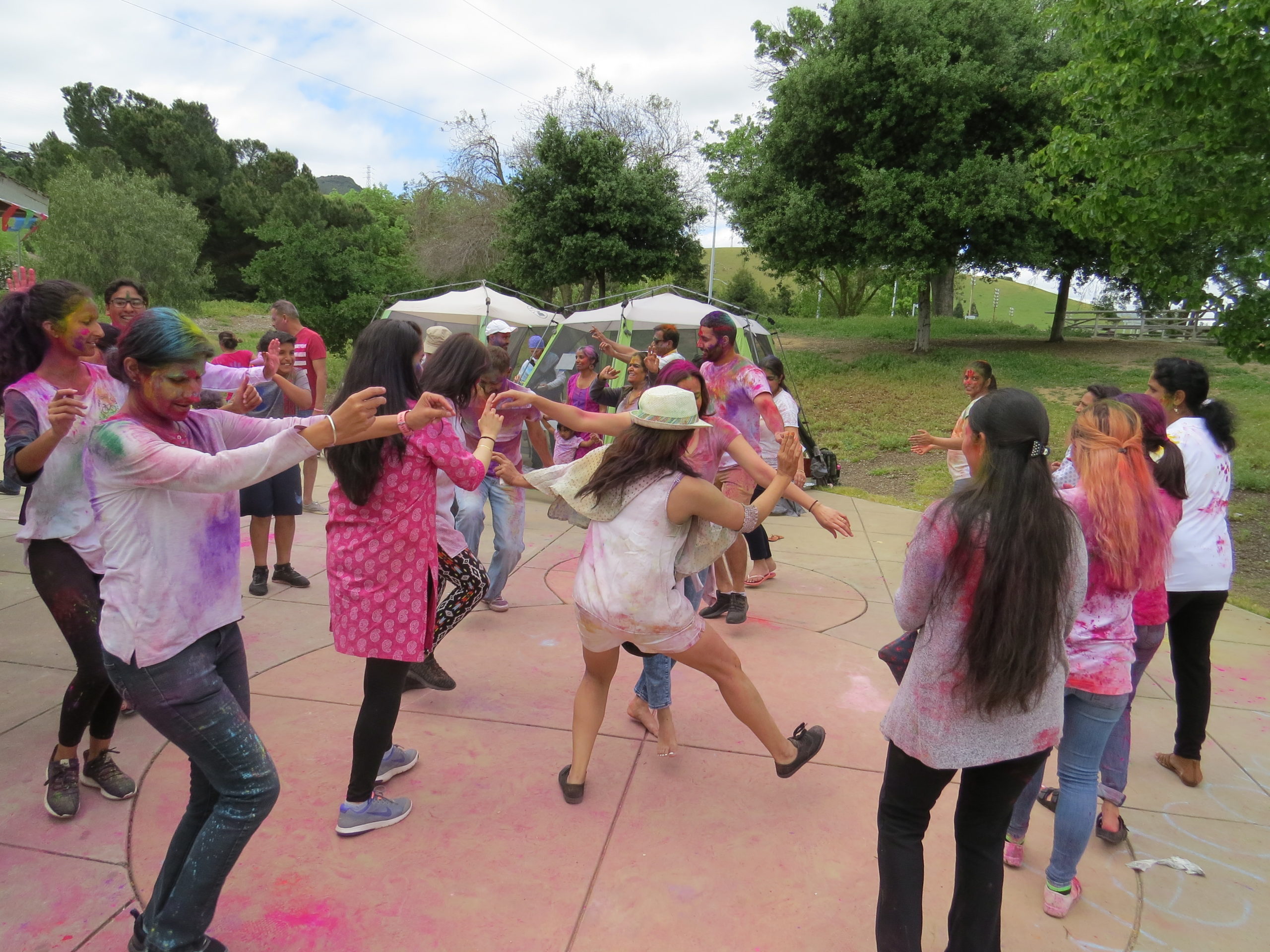
Participants in the 2019 Holi, a festival of colors, dance to celebrate spring as part of the Hindu religion. This year’s festival was cancelled.
Photo by Marty Cheek
The festival involves physical contact as participants use their hands to dust other people’s faces and arms with colored powder, another reason the event was cancelled, she said.
“There’s a little bit of a sadness to cancel the event, but we’re all aware that this needed to happen considering where we are,” she said.
The Indian Association has recently launched a humanitarian chapter to serve local families financially challenged by COVID-19 by collecting food and raising money. All the proceeds and money is donated to the Edward Boss Prado Foundation nonprofit, she said.
Other faith-based organizations are seeing their own holiday celebrations changed because of COVID-19 and are using technology to create connections among worshipers. Among them is Congregation Emeth, a reform synagogue in Morgan Hill which serves many in the South Valley’s Jewish community. The members changed the Passover Seder meal celebration to a “Zeder” April 8 and 9 using the Zoom video-conferencing platform to connect family members for the special ritual feast, said Rabbi Debbie Israel.
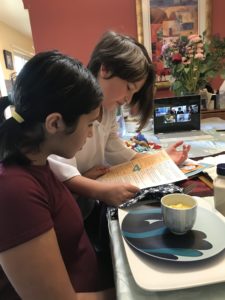
Morgan Hill residents Clara and Miriam Shem-Tov celebrate Passover via Zoom April 8.
Photo courtesy Emily Shem-Tov
“It was difficult and people did the best they could,” she said. “There was some resistance to the idea of doing what we’ve been calling Zeder at first, but I think most of us were surprised how well Zoom worked for our families.”
COVID-19 presents a difficult social challenge for some members who live alone. The congregation has created a Caring Committee to phone these people each week to make sure they are OK, she said.
“Like every house of religion right now, we’re doing the best we can to help people find their way spiritually and emotionally both with God and with each other,” she said. “It’s times like these when community is so important.”
The congregation is getting creative with the technology of Zoom. It held a video-conference program Sunday, April 19, with the founders of KAVOD, a nonprofit group assisting Holocaust survivors, one-third of whom are living in poverty, Israel said. The psychological lessons these survivors learned at the camps are relevant to the crisis society is now dealing with.
“On the one hand there is an ability to put things in perspective and to understand that, in good Jewish folklore, this too will pass,” she said. “And on the other hand to have faith in the future and do the best we can. I think we’re seeing a lot of that. I am hopeful that when this over, and I hope it will be over soon, we’ll remember these lessons as a community and care for one another in a warmer way out of love and not necessarily out of obligation.”
For Muslims, the month-long religious observation of Ramadan is a vital part of their faith activities as one of the Five Pillars of Islam. This year Ramadan starts the evening of Thursday, April 24. The South Valley Islamic Community closed its mosque in San Martin in early March because of the COVID-19 public health crisis. It is a place where members normally would be able to gather at sundown during Ramadan, said Karen Musa, president of SVIC.
 “It’s had a big impact,” she said. “During the day we’re fasting and we would like to pray more and we would like the companionship of our community . . . At the end of Ramadan is our Eid (a festival of breaking fasting on May 23) and that is up in the air. We had everything booked for the celebration. I don’t think that’s going to happen. We’ll have to stay home. We can reach out to people online.”
“It’s had a big impact,” she said. “During the day we’re fasting and we would like to pray more and we would like the companionship of our community . . . At the end of Ramadan is our Eid (a festival of breaking fasting on May 23) and that is up in the air. We had everything booked for the celebration. I don’t think that’s going to happen. We’ll have to stay home. We can reach out to people online.”
Because of the closure of the mosque, members of the SVIC can listen to the imam present an online video talk every Friday to provide encouragement and guidance, Musa said.
“Thank God for technology and Zoom,” she said. “People are reaching out on emails and checking out to make sure people are well. It’s very nice and it makes you feel good.”
At St. Catherine of Alexandria Parish on Easter Sunday, Father Sergio Ovando celebrated the holiday’s Mass through two YouTube videos, one in English and one in Spanish. Although many local Catholics miss the Eucharist, the part of the liturgy commemorating the Last Supper, they understand the priority of keeping the public safe from the spread of virus through social distancing, he said.
“We have a resilient community. We have mini-church services online,” Ovando said. “Every week we make videos for the people, giving them words of encouragement and things like that. The online things are great for some things.”
Celebrations such as weddings and quinceañeras are on hold as members of the church postpone them to prevent the spread of the coronavirus. The religious rituals of honoring people after their death is a challenge during this time of pandemic, Ovando said. Funeral gatherings are difficult because the county limits participants to 10 people in a location for these celebrations of life he said. Catholic priests cannot give dying people their last rites and the family can’t be with them, creating emotional stress. The family and friends have a harder time grieving without the comforts that religious rituals can provide.
“We tell people that when these things are finished we will do a Mass for them,” he said.
The pandemic is a challenge for people of faith, as with everyone else, but it can also provide spiritual growth.
“I believe with this situation, eventually the church will come back stronger,” Ovando said. “All those things make us appreciate the things that we normally have, but until situations take them away from us, we realize how important they are to us . . . In this time, people are united, calling each other and trying to find out how they are doing. The other thing in times like these, a lot of people are worried about the others.”
Members of St. Catherine’s are also involved in volunteering with the Reach Out programs to help people in need during this time. A supper prepared to go is provided once a week where people receive the food given to them as they line up in their cars.
“It’s part of who we are, part of our faith to help those who are in need,” Ovando said.
At the United Methodist Church in downtown Morgan Hill, Pastor Patrick Davis prepared a 35-minute video to help the congregation celebrate Easter Sunday. It included potted lilies by the altar, an instrumental hymn and a short sermon. The church has been closed for worship since March 15 following the county shelter in place order.
“We needed to close our doors and find other ways to connect without community and make sure that people were getting supported spiritually and also some physical needs if they require that,” Davis said.
People’s health and lives are a priority over assembling for worship, he said.
“You hear about some of these churches putting 400 people together in a service, and the next thing you know, there’s 40 deaths,” he said. “You’ve got to take care of your people if you’re going to shepherd your flock. Don’t put them in harm’s way.”
Members of the congregation ring up other members every week in wellness checks to make sure they are OK and their needs are meet.
“They will contact me if they suspect something is not right,” Davis said. “We run over there and maybe get them something from the grocery store they need and we put it by the door and call them to tell them it’s at the door.”
The coronavirus crisis can be a test of faith for many believers who face financial struggles and emotional challenges in a world that seems to have been turned upside down, he said. But the challenges of the pandemic also can help people grow spiritually. Many are asking: Where is God with us in this experience? And where is God helping us through this experience?
“I think if you look around, one of the things that you’re starting to see is the faith community and how they’re responding to this crisis. They’re with the people and they’re with each other,” Davis said. “We’re going through this together and that is God working through the lives of men and women and young people as well. That’s how we are going to get through this.”
The pandemic and its impact on humanity can be used to make people of faith stronger in compassion, the pastor said. He added that he hopes this public health crisis might help the nation make changes in politics, society and economics to build a better world for all.
“We could be so paralyzed by fear that we’re afraid to do anything. Then our society will break down,” he said. “But I think we’re going to come through this so much stronger, rethinking and resetting our priorities in how we’re going to deal with this in the future.”



